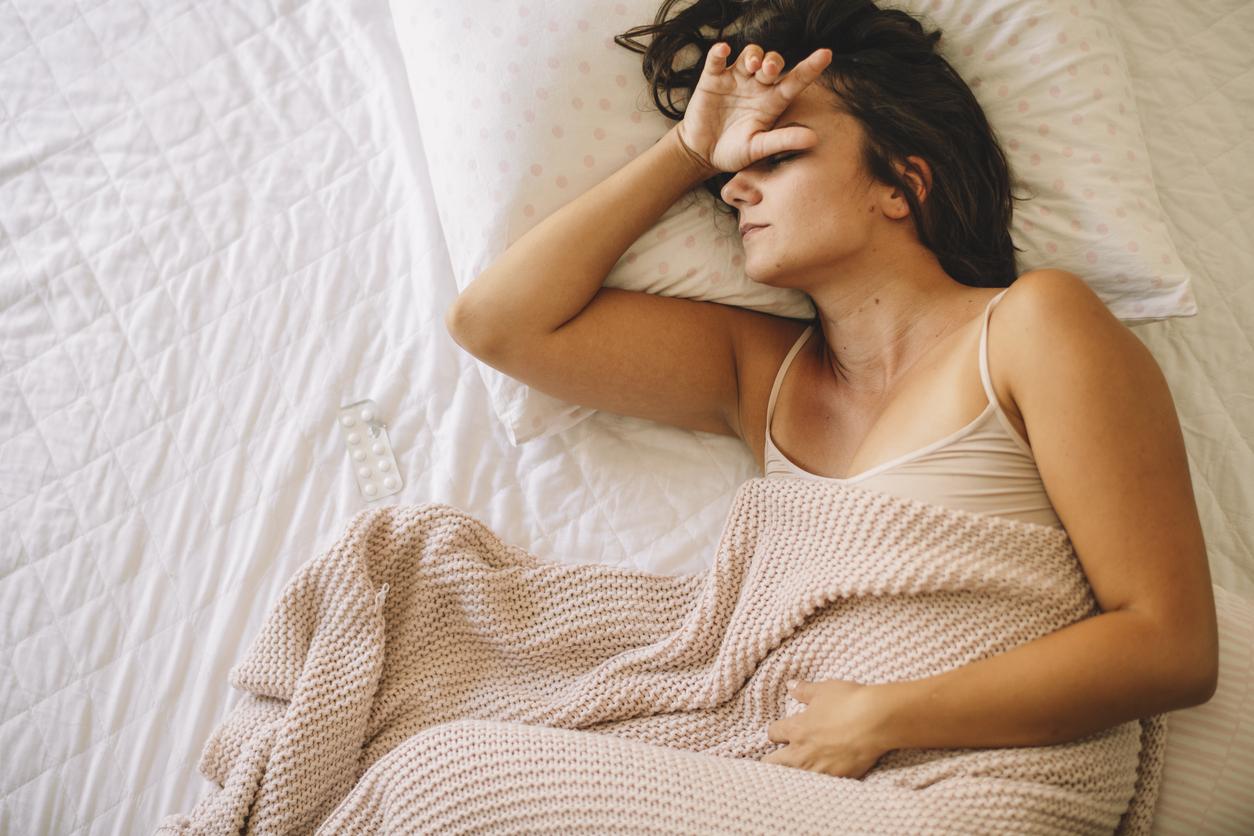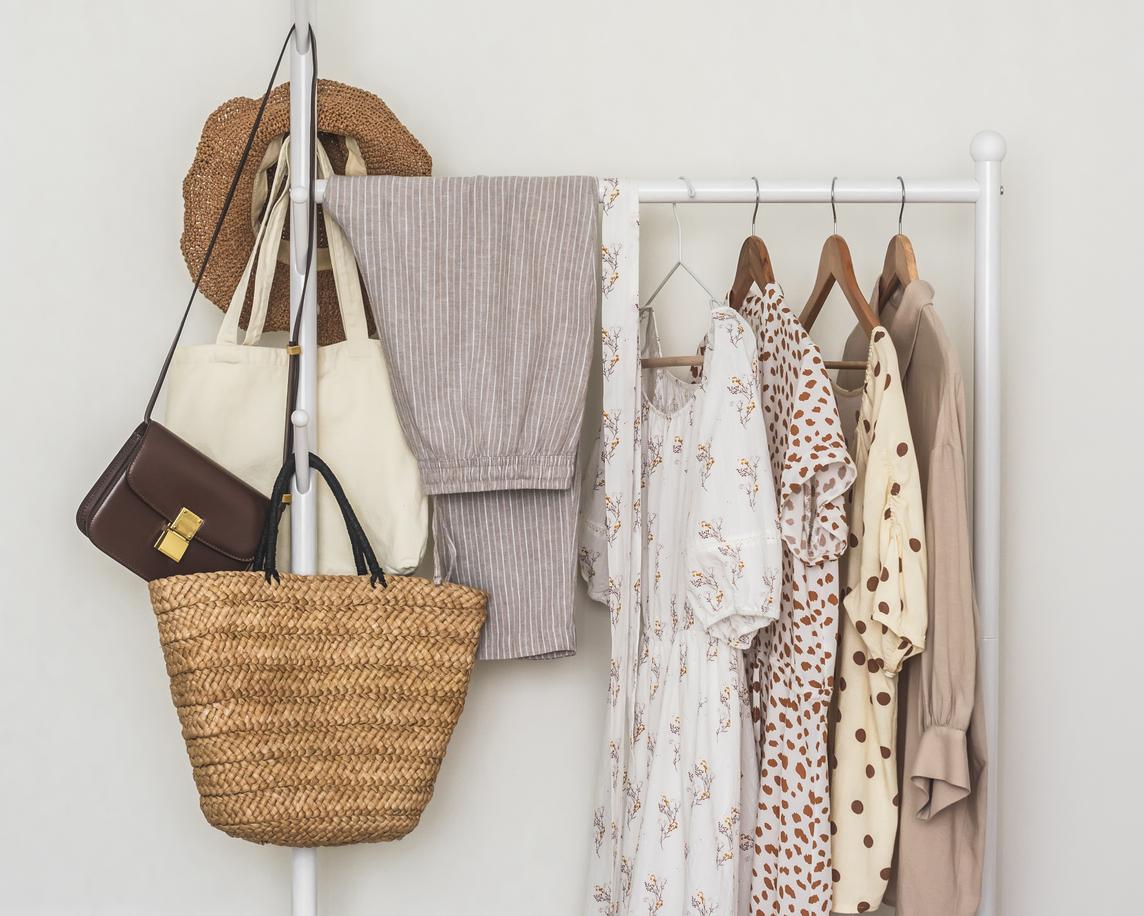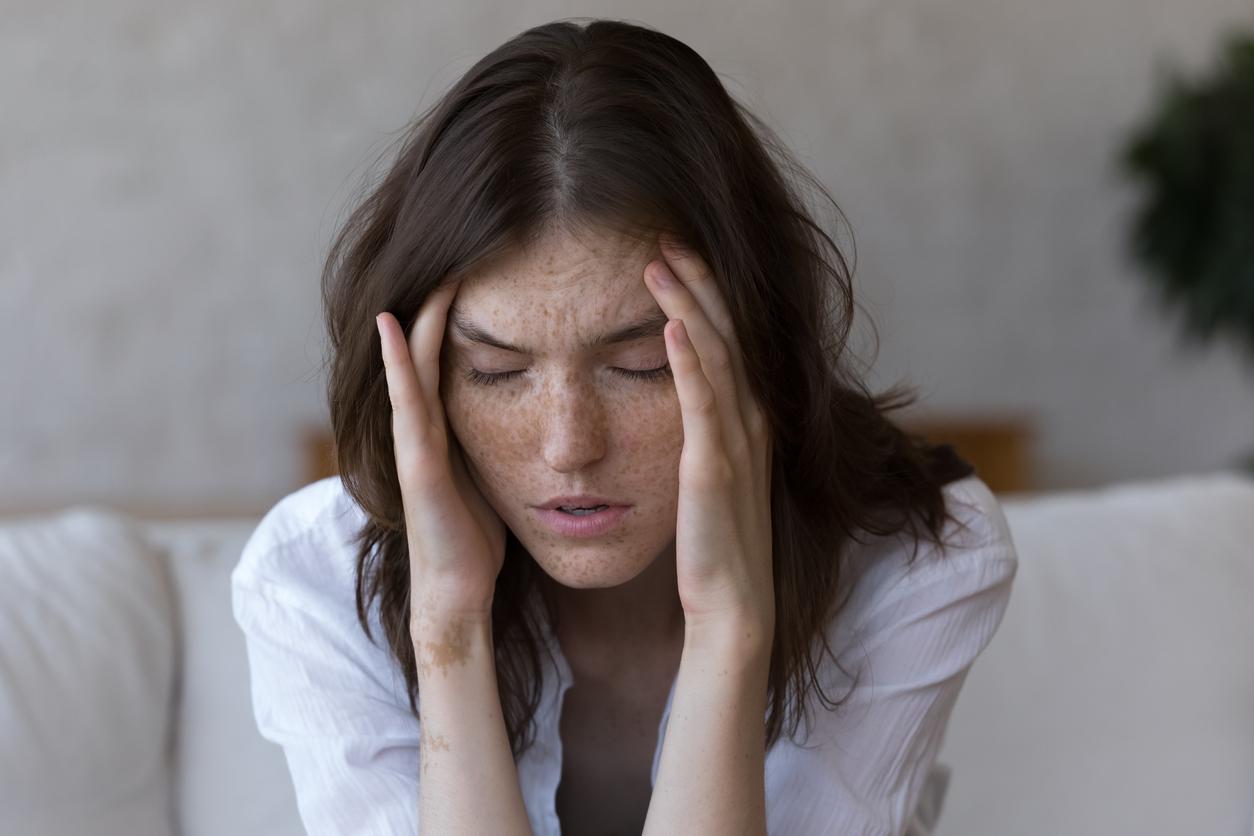This summer, Top Santé is a partner of France Inter. The “Carnet de Santé” podcasts can be listened to on the Radio France website.
So what are grasses exactly?
Grasses are herbaceous flowering plants of the Poaceae family that cover more than 20% of the planet.
These are cereals, reeds, bamboos, grasses of natural meadows and cultivated lawns, such as grass for example.
But what actually happens in the body?
In the presence of these allergens, this fabulous machine that is the immune system is set in motion. The problem is that we have known this immune system to be smarter, because an allergy actually corresponds to an excess of zeal on the part of the latter: it provokes a defense reaction in the body (which does not really instead of being) by releasing histamine, a hormone that will cause inflammation, especially in the nose.
And there, it is the great upheaval in your body which is preparing for the war against the grasses and decides to react in a somewhat useless way, of course, but then quite violently. Hence the runny nose and weeping eyes.
We would almost come to regret the nice little cold of winter.
Can you become allergic overnight?
Well yes, absolutely. You may have spent years spared by these pollens from hell, it may very well be that overnight, the grasses begin to rot your life. The problem ? We don’t really know why…
Be careful, we know very well why people are allergic. These may be, for example, environmental factors. But we do not know why certain allergies are triggered at X time, and not 6 months before or 5 years after.
What we do know, however, is that these unexpected allergies often appear when those who suffer from them come into contact with a very large quantity of allergens. It can be, for example, an extremely hot and windy spring, with a lot of pollen in the atmosphere.
This is what we experienced during confinement two years ago, and this year again: many people declared new allergies.
Welcome to the club.
So how do you relieve grass allergy?
Well, the first step in treatment is above all to do what you can to avoid coming into contact with the allergen. But obviously it is not always easy to avoid them in summer. We may rinse our hair every night, avoid drying our laundry outside and wear a mask, it is almost mission impossible whether we are a Julyist or an Aoutian.
So what do you tell me?
Well, don’t hesitate to consult your doctor, who will be able to redirect you to an allergist if necessary, especially if these small allergy attacks often occur at the same time.
Because the good news is that an allergy, new or not, is relieved and cured! From antihistamine drugs to local treatments that can be applied in the nose, eyes or bronchi, through desensitization whose effectiveness reaches 70%: grasses have better watch out.
Go courage, soon it will be the end of summer, and allergies, finally, until next year.
Read also:
- Covid-19 or pollen allergy: how to tell the difference?
- Pollen allergy: 9 gentle solutions to soothe crises


















